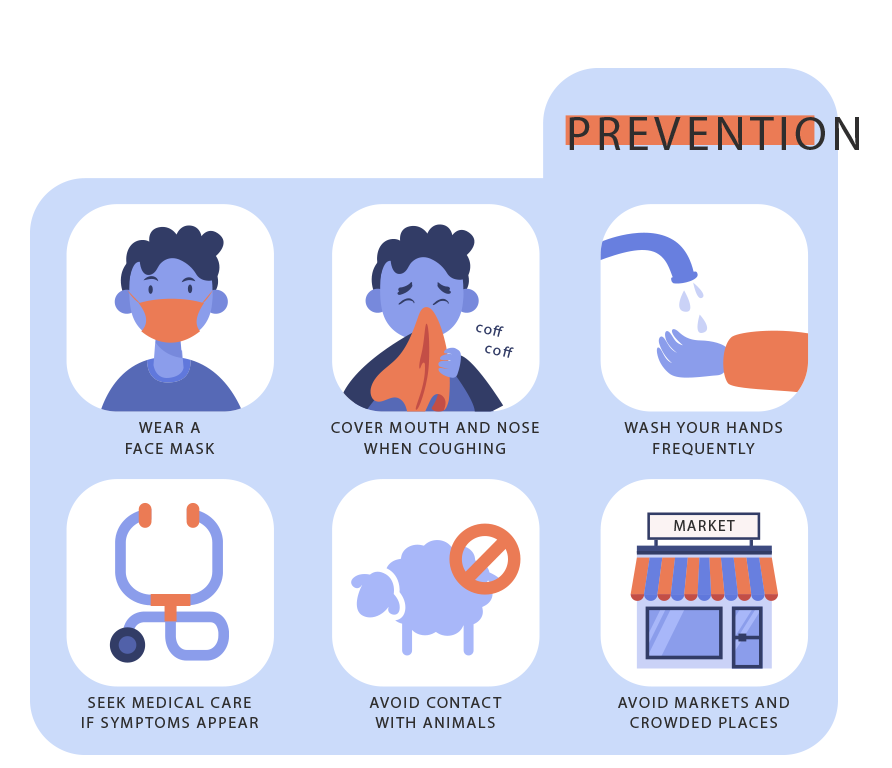COVID-19 - Safety Tips You can put into Practice


3mins Read
The Coronavirus, COVID-19, has many of us glued to the news, concerned for loved ones, and adapting our lives to deal with the changes the pandemic is having on our homes, schools, and work-places.
With the fear of economic standstill along with the impact of the OPEC dispute that has oil prices tumbling. We can all agree that we need systemic solutions to keep our community connections strong and model the behavior we want our leaders to adopt and show them that love and compassion are stronger than fear.
First, you need to,
- Look after yourself
To limit the spread of the virus, The Red Cross recommends the following steps to help prevent the spread of germs during this situation:
- Stay home if you can and avoid gatherings of more than ten people.
- Practice social distancing by keeping a distance of about six feet from others if you must go out in public.
- Wash your hands often with soap and water for at least 20 seconds, especially after being in a public place, or after blowing your nose, coughing or sneezing. If soap and water are not readily available, use a hand sanitizer with at least 60% alcohol.
- Avoid touching your eyes, nose or mouth with unwashed hands.
- Avoid close contact with people who are sick.
- Stay home if you are sick, except to get medical care.
- Cover your nose and mouth with a tissue when coughing or sneezing; throw used tissues in the trash. If a tissue isn’t available, cough or sneeze into your elbow or sleeve, not your hands.
- Clean and disinfect frequently touched surfaces daily. This includes tables, doorknobs, light switches, handles, desks, computers, phones, keyboards, sinks, toilets, faucets, and countertops.
- If surfaces are dirty, clean them - use detergent or soap and water before disinfection. Full information on how to disinfect found here.
- Wear a facemask if you are sick. You should wear a facemask when you are around other people (e.g., sharing a room or vehicle) and before you enter a healthcare provider’s office.
According to the CDC, COVID-19 symptoms include fever, shortness of breath and a cough. Symptoms may appear 2-14 days after exposure. Call your doctor for medical advice if you think you have been exposed to COVID-19 and develop symptoms.
Poor website Page Loading Speed? We got You

- Check in on elderly neighbors
According to the CDC, early information shows that some people are at higher risk of getting very sick from this virus. This includes older adults and people who have serious chronic medical conditions like heart disease, diabetes, and lung disease.
If you are at higher risk for serious illness from COVID-19 because of your age or a serious medical condition, it is extra important for you to take action to avoid getting sick.
Stay home as much as you can and avoid crowds as much as possible. Take everyday precautions to keep space between yourself and others.
- When you go out in public, keep away from others who are sick, limit close contact and wash your hands often.
- Stock up on supplies.
- Contact your healthcare provider to ask about obtaining extra necessary medications to have on hand in case there is an outbreak of COVID-19 in your community and you need to stay home for a prolonged period.
- If you cannot get extra medications, consider using a mail-order option.
- Be sure you have over-the-counter medicines and medical supplies (tissues, etc.) to treat fever and other symptoms. Most people will be able to recover from COVID-19 at home.
- Have enough household items and groceries on hand so that you will be prepared to stay at home for some time.
- Combat misinformation online
Unfortunately, if not unexpected, misinformation on COVID-19 is floating around online. If you see it, report it to your platform and let anyone posting/sharing it know (e.g., via private message or comment on the post). Get your information from trusted sources like the World Health Organization, cdc.gov/covid19 or the https://www.redcross.org/
- Conduct those meetings with video chat
Social distancing does not mean we cannot feel close to our loved ones. Get creative. Have a video chat to get together and celebrate birthdays or other occasions using everyday tools like Skype, Hangouts or Zoom. Stay in touch without exposing yourself to the virus.
And from the VPCART team,
We know these are challenging and sometimes frightening times, but we strongly believe that together, we will get through this. Stay Safe
References
https://www.who.int/health-topics/coronavirus



















 TrustGuard - PCI Security Scanner
TrustGuard - PCI Security Scanner
